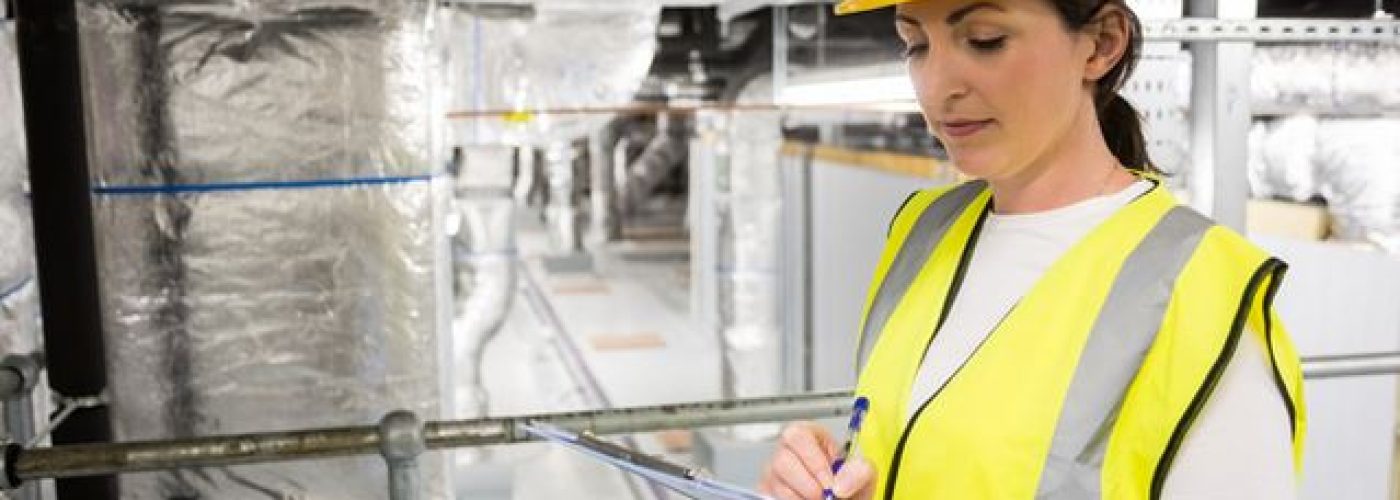In modern society, an increasing import is placed upon the energy efficiency and performance of modern buildings, with the building industry as a whole being pushed to develop buildings which can support the nation’s need for reduced energy consumption and associated price inflation. Yet, in contrast to this, a recent report from Innovate UK has criticised the actual performance of modern buildings, highlighting that the actual energy consumption is actually considerably higher than figures oft batted around.
To highlight these results, a study was undertaken on a total of 49 cutting edge modern properties to assess the levels of energy consumption and how these sit with the predicted figures. In the study it was revealed that non-domestic buildings are actually regularly using 3.5 times as much energy as they have actually been built to use, meaning that they are unable to meet the expectations laid out from the design and build stages.
While developers have been trying hard to push the envelope on modern construction from a sustainability perspective, It was concluded in Innovate UK’s report that many schemes have hit difficulties in the implementation of emerging technologies such as BMS. Additionally, it has also been highlighted that other common problems have included the way in which biomass boilers are controlled and metered, the provision of maintenance and also solar panels and water heaters.
As such, whilst organisations are already trying hard to meet governmental expectations of energy use, Innovate UK has called out for contractors to utilise the information it has collated as a springboard from which they can develop new ways to improve building performance, reduce energy consumption and effectively feed the benefits of these efficiencies back into the wider economy. It also provided comment that EPCs are not able to offer reliable predictions on energy usage, with very little correlation between such EPCS and Display Energy Certificates.





